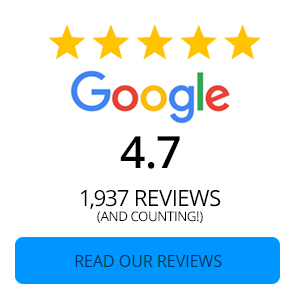Does a better rate on a loan really help lower monthly payments that much? Does it really matter where I get my loan? How much difference could there be in a few points?
Check this out: It's a fact. Loan interest rates are usually lower at a credit union than at a bank, which translates into smaller monthly payments for you and your family. Take a look at these national loan rate averages:
|
|
Credit Union |
Bank |
|---|---|---|
| 48-month used car |
3.33% |
5.23% |
| 48-month new car |
3.15% |
4.78% |
| 30 year fixed rate mortgage |
3.43% |
3.52% |
| 36-month unsecured |
9.21% |
10.28% |
Using these same loan interest rate averages, check out how the credit union monthly payments compare to bank monthly payments:
|
|
Credit Union |
Bank |
Savings By Choosing a Credit Union |
|---|---|---|---|
| $10,000 used car loan, 48 months |
$223 |
$231 |
$96 Annually |
| $20,000 new car loan, 48 months |
$444 |
$459 |
$180 Annually |
| $100,000 30 year fixed rate mortgage |
$445 |
$450 |
$1,776 over life of loan |
| $7,000 unsecured loan, 36 months |
$223 |
$227 |
$48 Annually |
These rates are just averages! If your interest rates are higher, you could potentially save even more by borrowing at a credit union instead of a bank. In fact, between better loan and deposit rates and lower fees, credit union membership confers a real financial benefit to consumers, to the tune of about $241 a year per member household.*
*Source: Credit Union National Association
A few points can make a big difference! Educate yourself before you go searching for a loan and save money by getting the best rate you can find!

